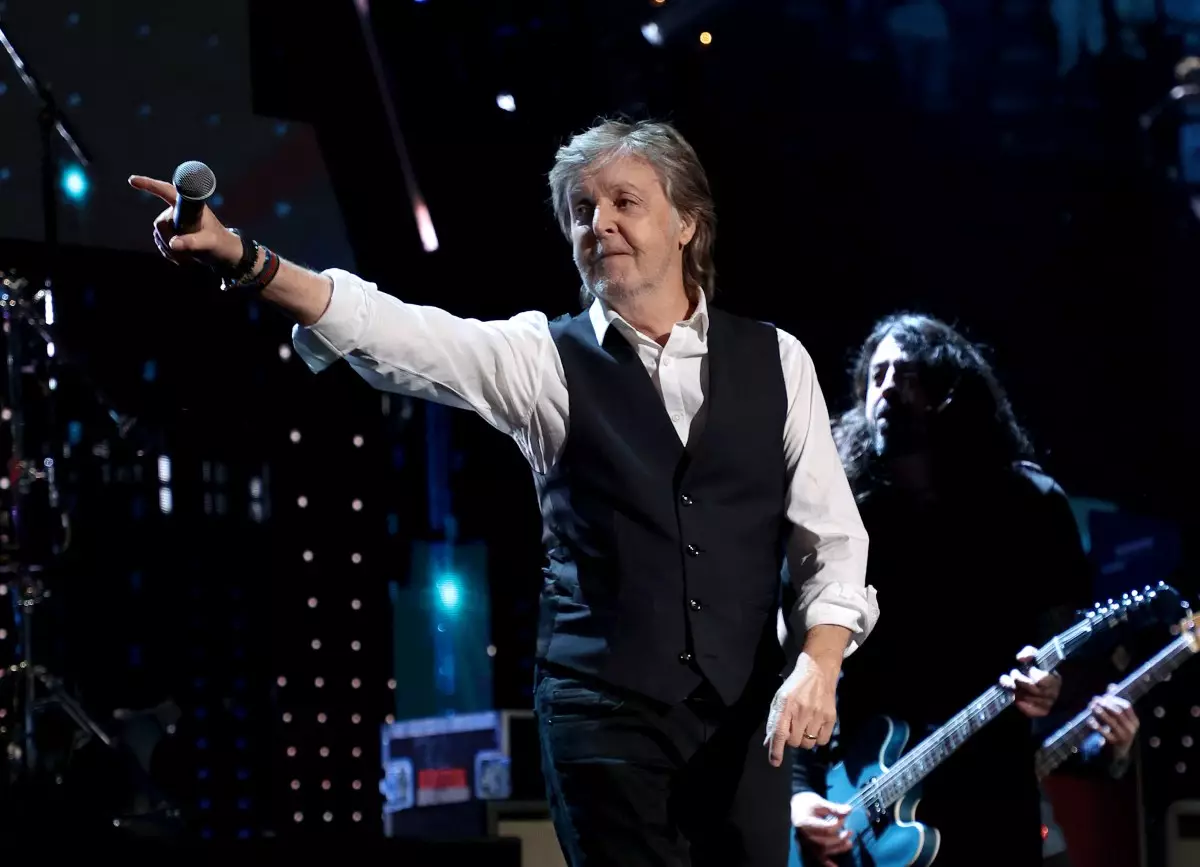Renowned musician Paul McCartney has recently voiced his concerns regarding impending changes to UK copyright legislation. Proposed amendments would enable technology companies to utilize online content for training artificial intelligence models without requiring permission from copyright holders. This fundamentally shifts the responsibility of protecting intellectual property onto the individuals who create content, rather than placing it within the broader framework of legal protections designed for those very creators. The implications of such a shift could be disastrous for artists, particularly emerging musicians striving to make their mark in the industry.
In a candid interview with the BBC, McCartney emphasized that the government holds an obligation to safeguard the interests of artists. He stated, “We’re the people, you’re the government! You’re supposed to protect us.” His statement encapsulates a growing sentiment among creatives who feel sidelined in the conversation surrounding technological advancements and their implications. McCartney’s assertion that public policies should actively preserve the rights of “creative thinkers” serves as a powerful reminder of the government’s role in maintaining a fair and just system for artists who heavily rely on these protections to sustain their livelihoods.
The Impact of Artificial Intelligence on Music Creation
While McCartney acknowledges the potential of AI in music production, he remains wary of its implications for copyright infringement. Interestingly, the musician has embraced AI technologies in his own work, using them to restore old recordings, like those of John Lennon, ultimately leading to what he heralds as “the last Beatles record.” This duality of acceptance and caution reflects a broader industry tension; while many in the creative fields recognize the potential benefits of AI, they simultaneously feel the encroaching threat it poses to their work and their rights.
The crux of McCartney’s concern lies in the economic vulnerabilities faced by young, developing artists. He pointedly remarked on the plight of newcomers who pour their hearts into songwriting, only to see their work potentially appropriated without proper credit or compensation. This leads to a disheartening scenario where creative efforts could be devalued and exploited, leaving artists disenfranchised and deprived of their rightful ownership. Such a landscape could deter future generations of creativity, reshaping the music industry in ways that prioritize technology over artistry.
As discussions regarding copyright law progress in the UK, it is imperative that the voices of seasoned artists like Paul McCartney are not only heard but actively considered. The proposed legislation should be scrutinized rigorously, ensuring it incorporates protective measures for content creators. It is crucial for governments to remember that fostering a thriving creative ecosystem requires vigilance in intellectual property rights. Without it, the very essence of artistry may diminish, leaving behind a barren landscape where original thought and innovation struggle to survive against the tide of technological exploitation. McCartney’s reflections serve as both a warning and a rallying cry, urging policymakers to remain steadfast in their commitment to supporting the music industry’s foundational artists.

